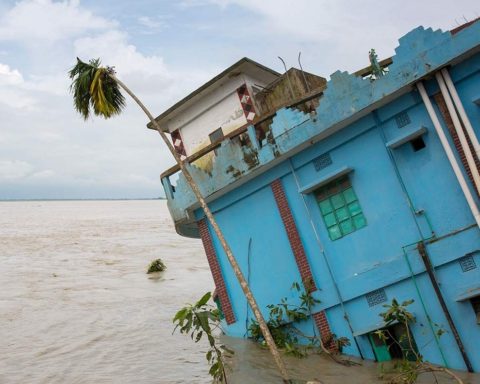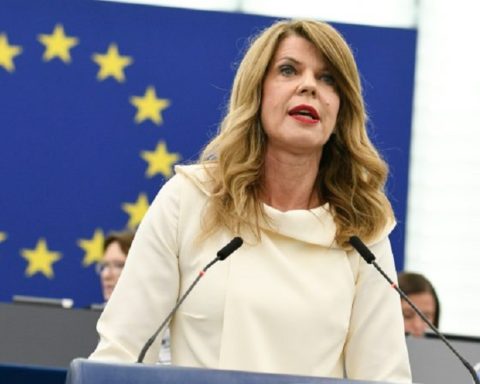From "CSR" to "Corporate Responsibility".
Analyze and measure its impact on society
Transforming business models
Of those who doubt, of those who are afraid...and the leaders...
READ ALSO IN UP' : Meeting with Cécile Renouard
READ ALSO IN UP' : Meeting with Cécile Renouard



Already registered? I'm connecting
Register and read three articles for free. Subscribe to our newsletter to keep up to date with the latest news.
→ Register for free to continue reading.

You have received 3 free articles to discover UP'.





